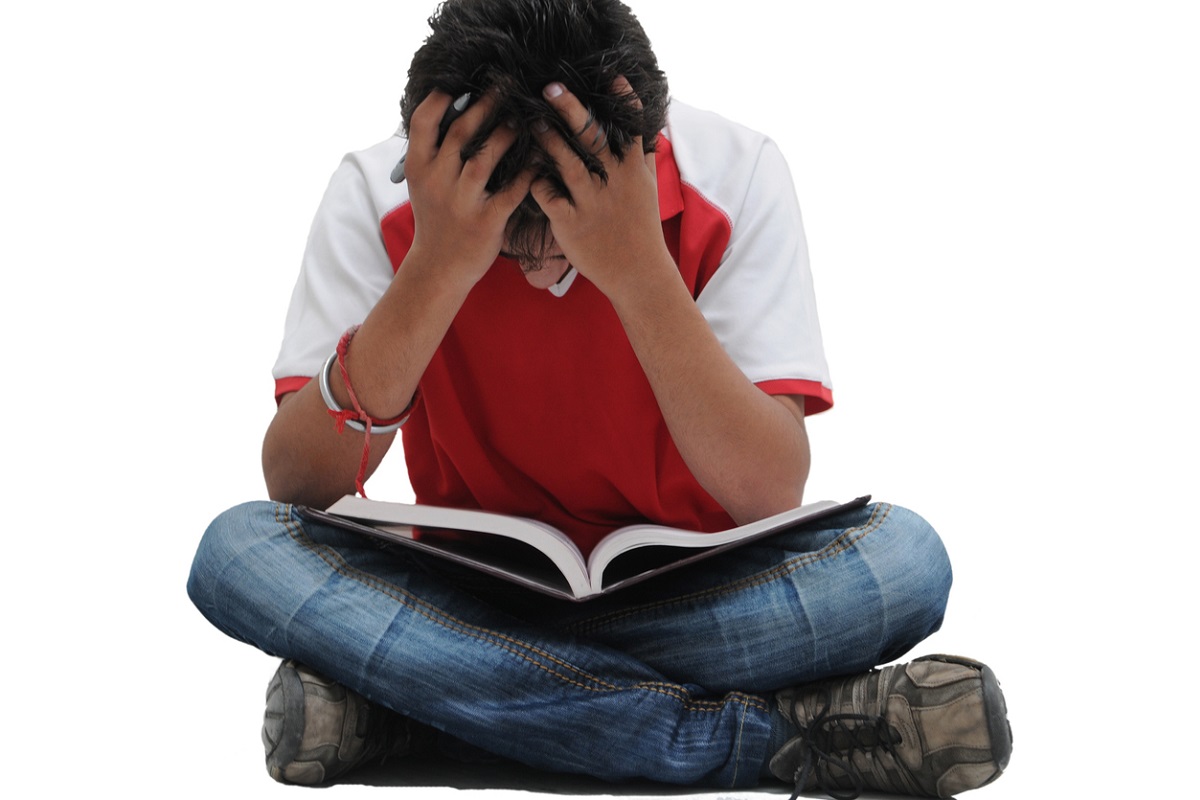GDP Growth
India’s economic trajectory, as outlined by Finance Minister Nirmala Sitharaman, paints a picture of resilience and potential amidst global uncertainties.
Around 14 percent of 15 to 24-year-olds in India often have a mental health problem or are under stress leading to depression, the report stated.

(Representational Image: iStock)
The ongoing Covid-19 pandemic has created serious concerns about the mental health of children and their families, says UNICEF report on mental health ‘The States of the World’s Children 2021’.
Around 14 percent of 15 to 24-year-olds in India often have a mental health problem or are under stress leading to depression, the report stated.
One in 7 adolescents aged 10-19 is estimated to live with a diagnosed mental disorder globally. Of these, South Asia had the highest numbers of adolescents with mental disorders, according to the report.
Advertisement
Releasing the report here on Tuesday, Union Health Minister Mansukh Mandaviya said, “Mental health has widely been discussed in our Sanatan culture and spirituality. The mutual development of mind and body has been explained in our texts. A healthy mind resides in a healthy body. We are very happy that today UNICEF has released a global report on the mental health of children”.
The Union Minister blamed the increasing trend of nuclear families, that replaced joint families, in our society, for the mental health problems that have become frequent in children. “Today parents are not able to give enough time to their child, so we need to talk about mental health,” he said, and added, “We have been told that around 14 percent of children worldwide have a mental health problem. It has to be taken seriously.”
Mandaviya said, “To build a better and developed society, it is necessary to keep monitoring the mental health of children from time to time. For this, arrangements will also have to be made for better mental health of teachers in schools. Because, children trust their teachers the most”.
Sharing his experience, the minister said that he as the health minister faced mental pressure during the second wave.
He continued saying, “People’s problems shook me. After that I started doing yoga and cycling in the morning. It is my request to all that you also examine the problems of your mind and work for its betterment. Spend enough time at home with your children. Talk to them in a friendly atmosphere.”
In the UNICEF survey across 21 countries, only 41 per cent of young people in India were willing to seek support for mental health problems, compared to an average of 83 per cent for 21 countries.
Children in India seem reluctant to seek support for mental stress, according to a survey conducted by UNICEF and Gallup in early 2021 with 20,000 children and adults in 21 countries. Only 41 per cent of young people between 15-24 years of age in India said that it is good to get support for mental health problems, compared to an average of 83 per cent for 21 countries.
The proportion ranged from almost one in three in Cameroon, one in seven in India and Bangladesh, to as low as one in ten in Ethiopia and Japan. Across 21 countries, the median was one in five young people.
As per the report, India was the only one of 21 countries where only a minority of young people felt that people experiencing mental health issues should reach out to others. In every other country, a majority of young people (ranging from 56 to 95 per cent) felt that reaching out was the best way to deal with mental health issues.
According to data from UNESCO, over 286 million children up to grade 6 were out of school in India between 2020-2021. UNICEF’s rapid assessment in 2021 found that only 60 per cent could access digital classrooms. Many would not be able to continue their education.
Meanwhile, wide gaps persist between mental health needs and mental health funding. India has spent only 0.05 per cent of its health budget annually on mental health, according to Indian Journal of Psychiatry 2017, the report claimed.
Advertisement